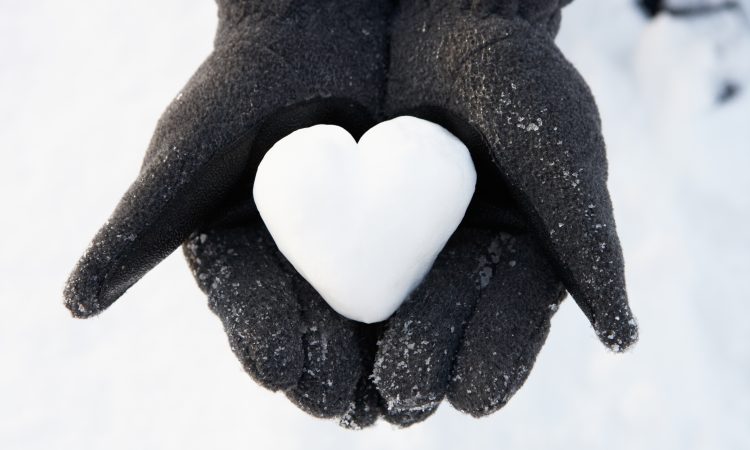
4 SURPRISING HEALTH BENEFITS OF WINTER
When you think of winter, it’s hard not to also start thinking about cold and flu season, seasonal affective disorder, sluggish energy, weight gain, a weakened immune system, and a general desire to just curl up into the fetal position and hibernate until spring.
Who would have thought there might actually be some health benefit to enduring the biting cold and darkness like a champ? Turns out there’s a silver lining camouflaged amidst all that white after all.
4 Positive Health Effects of Cold Weather
Better Brain Function
Some scientific evidence suggests that our brains actually function more effectively in colder environments. School children in England between the ages of 11 to 16 were found to perform better academically when class room thermostats were set below regular room temperature, at a nippy 62 degrees. A Harvard Business school study found that workers were more productive on “bad” weather days versus good ones. A series of studies performed at the University of Virginia found that subjects consistently performed better at cognitive tasks requiring complex thinking and decision making in colder temperature rooms versus warmer ones.
The research conducted at UofV went on to suggest a possible explanation for this strange phenomenon: the amount of glucose the body must utilize to maintain balanced core temperatures while in warmer environments seems to rob the brain – which also relies on glucose to function – of this valuable resource. This could lead to a glucose depletion in the brain that makes complex brain activity more difficult.
Reduced Inflammation
A 2011 study showed that runners who were exposed to extremely cold temperatures right after exercise recovered far faster with less soreness and inflammation than runners who used other recovery therapies or just rested. Moreover, cold therapy not only constricts blood vessels and reduces inflammation for recovering athletes, but it also helps to flush out built-up lactic acid in the body, a waste product of exercise that can cause muscles to function poorly and leads to fatigue.
Getting outside to exercise during the colder months may actually help you go harder for longer and get a more intense workout in without the soreness and fatigue afterwards.
Increased Fat Burning
A 2013 study showed that the amount of brown adipose tissue – a unique form of tissue that actually burns white fat cells (especially in the belly and thigh areas) in order to maintain internal core body temperature – increases in the body when exposed to cold temperatures. The research showed that two hours of cold exposure every day for six weeks led to a significant reduction in body fat, and showed that the more brown fat an adult has, and the more active it is, the thinner he/she tends to be, on average. Another study showed that most people have more genetic markers for brown fat in the winter than they do in the summer months, which signals a slight increase in average calorie burn and overall metabolism in the winter, as the body fights to protect and insulate itself against the cold.
Shivering also burns a significant number of calories.
Improved Sleep
There’s a lot of evidence that suggests that your body prefers a cooler environment when it’s time for bed. Research from the Center for Chronobiology in Switzerland found that natural circadian rhythms produce a drop in your core body temperatures at night to signal the body to begin system shut-down for sleep. Another study from the University of Pittsburgh School of Medicine found that specifically keeping the head cool with a “cooling cap” significantly helped insomniacs sleep almost as well as people without sleeping problems. The researchers also found evidence that yawning might aid with improved sleep quality by helping to release some heat from the head before bedtime.
However, while cooler room temperatures of around 65 degrees seemed to beckon on a swifter approach of the Sandman, temperatures that were so low that they led to constant shivering had the opposite effect, producing more fitful and disturbed sleep.
The answer: keep a cool head and crank the thermostat down at night, but always keep a cozy comforter on hand nearby.













